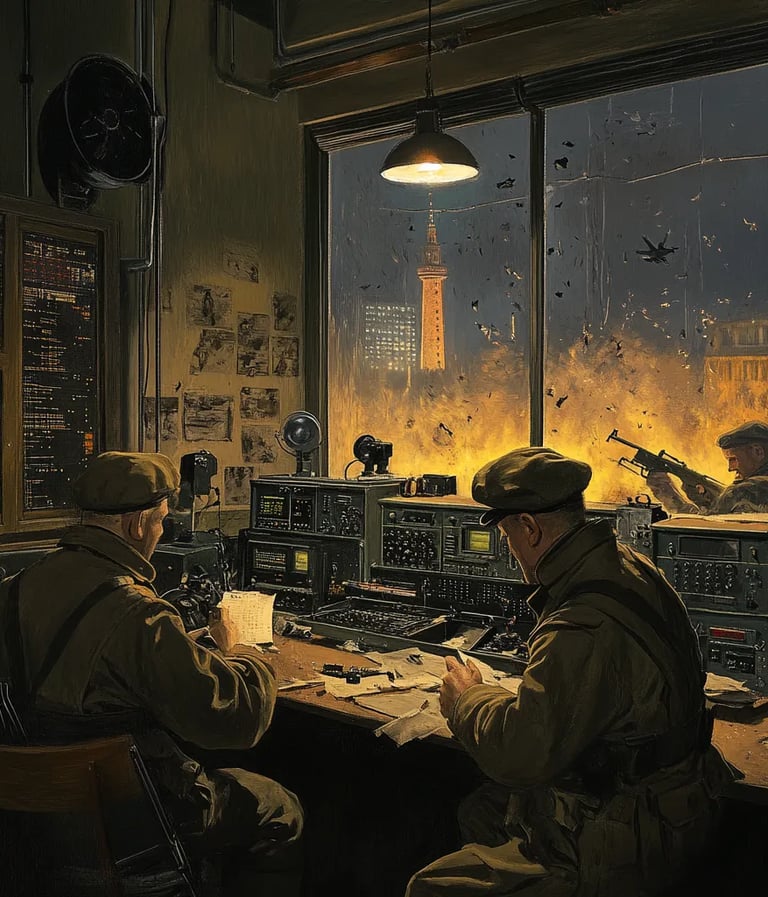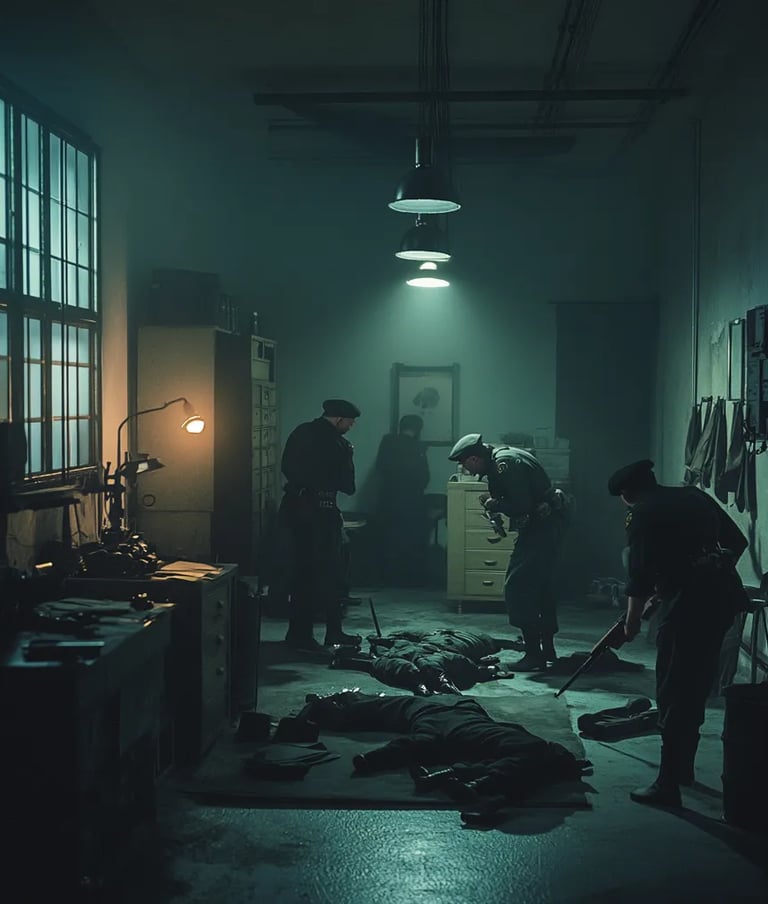In 1422, nine-month-old Henry VI ascended to the English throne after his father, Henry V, died. His long, tumultuous reign included the Hundred Years' War and the Wars of the Roses, marking a politically unstable period in England's history, with Henry eventually losing both the crown and his sanity.
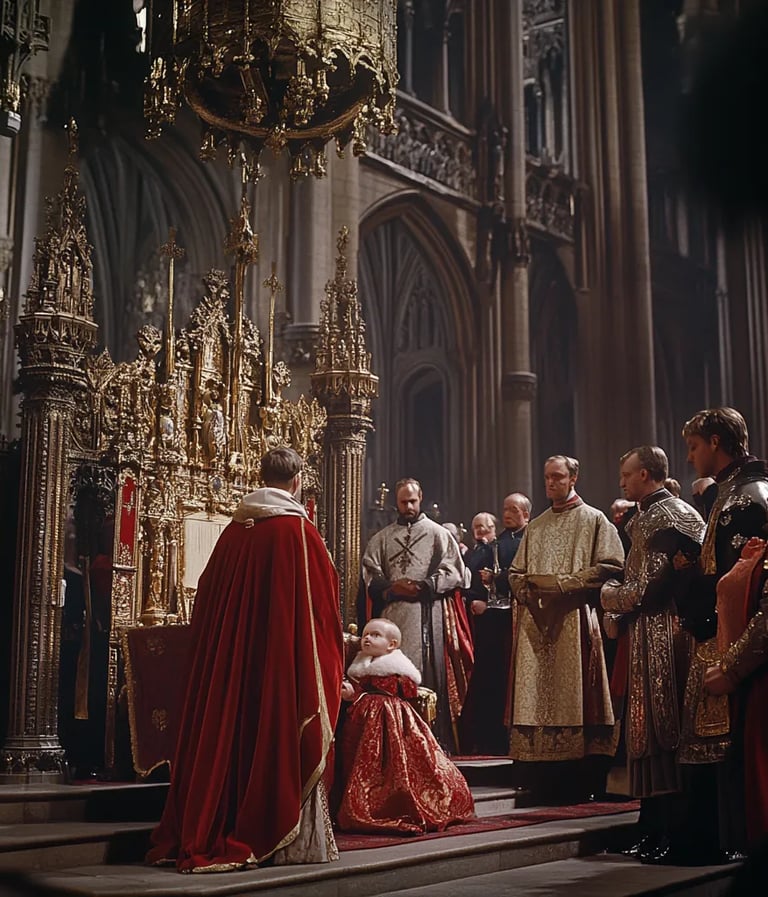

1422 – Henry VI Becomes King of England
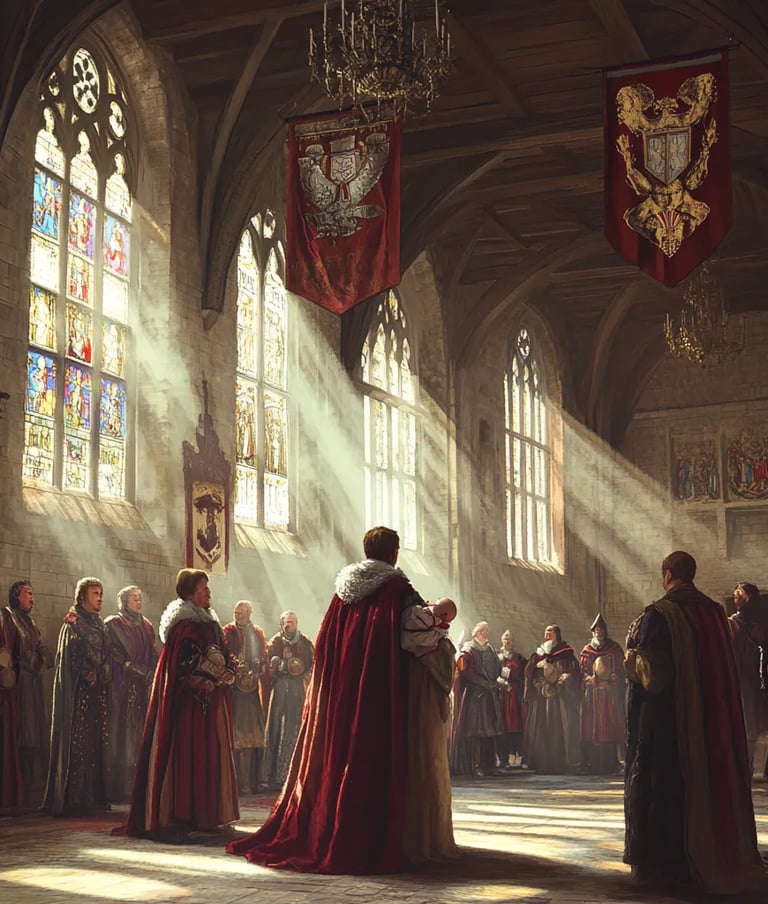

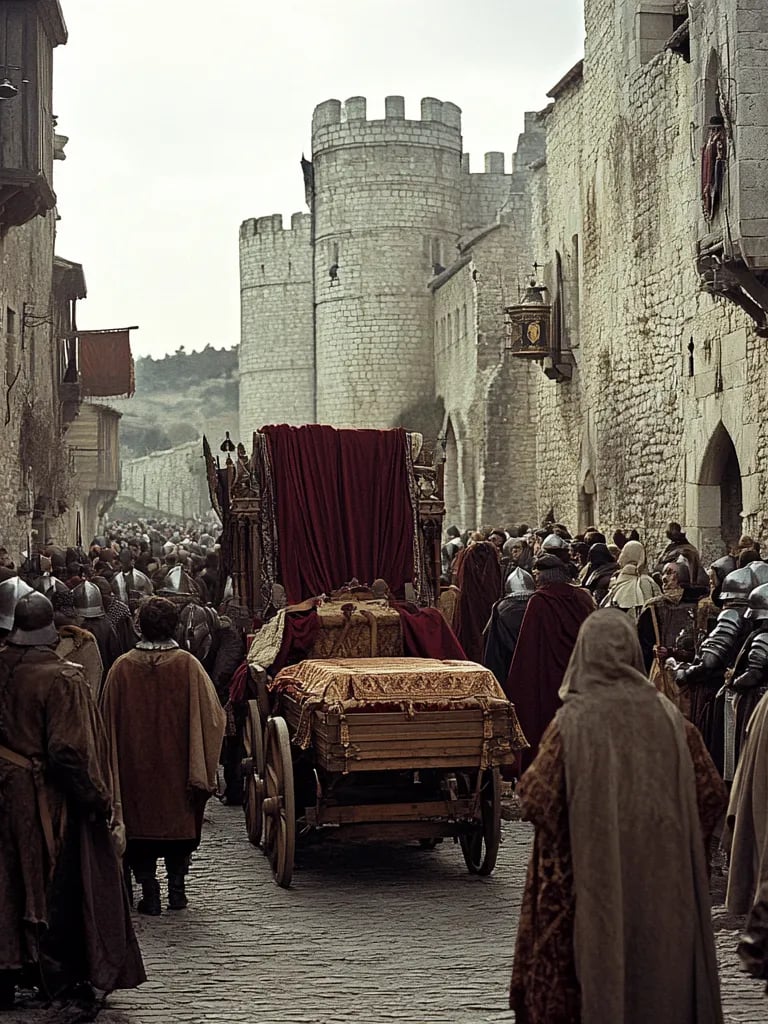

A severe cholera outbreak struck Soho, London, in 1854, killing hundreds. Physician John Snow traced the source to a contaminated water pump, revolutionizing public health by proving cholera was waterborne. His findings marked a significant breakthrough in epidemiology and contributed to modern sanitation practices.
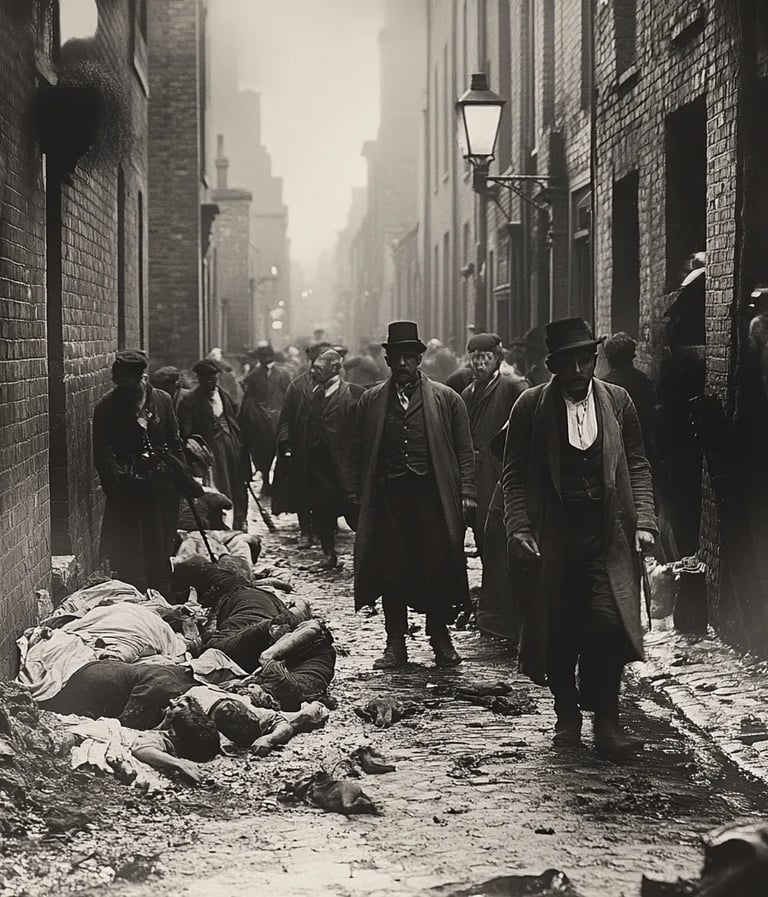

1854 – Cholera Outbreak in Soho, London
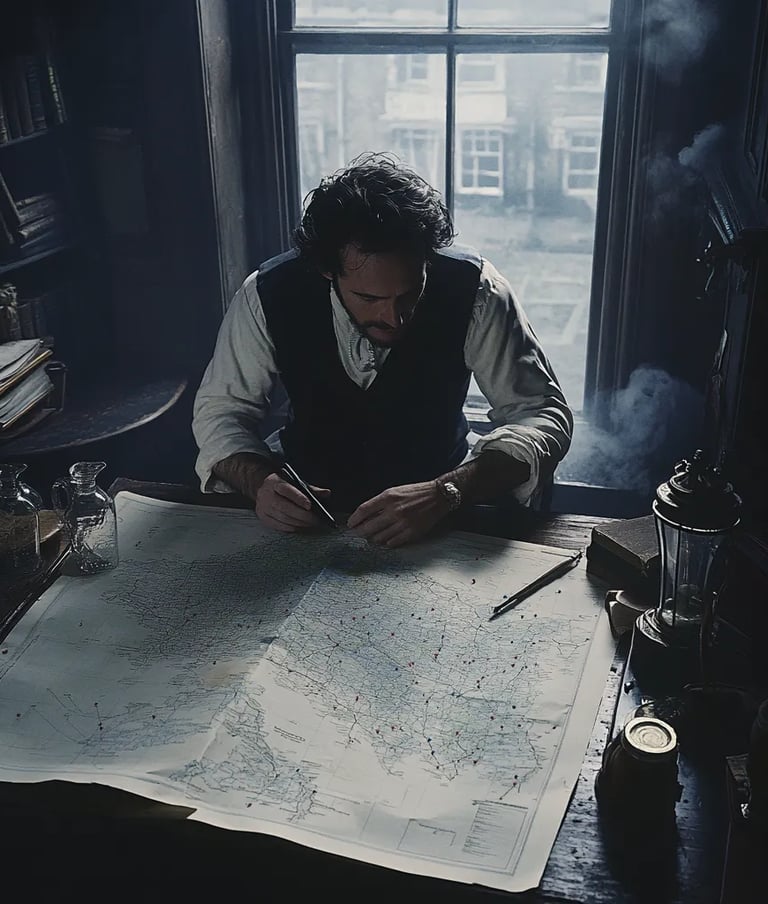



In 1886, a major earthquake struck Charleston, South Carolina, killing 110 people. It was one of the most powerful quakes recorded in the eastern United States. The earthquake caused widespread destruction and significantly impacted the city’s infrastructure, highlighting the seismic risks in the region.
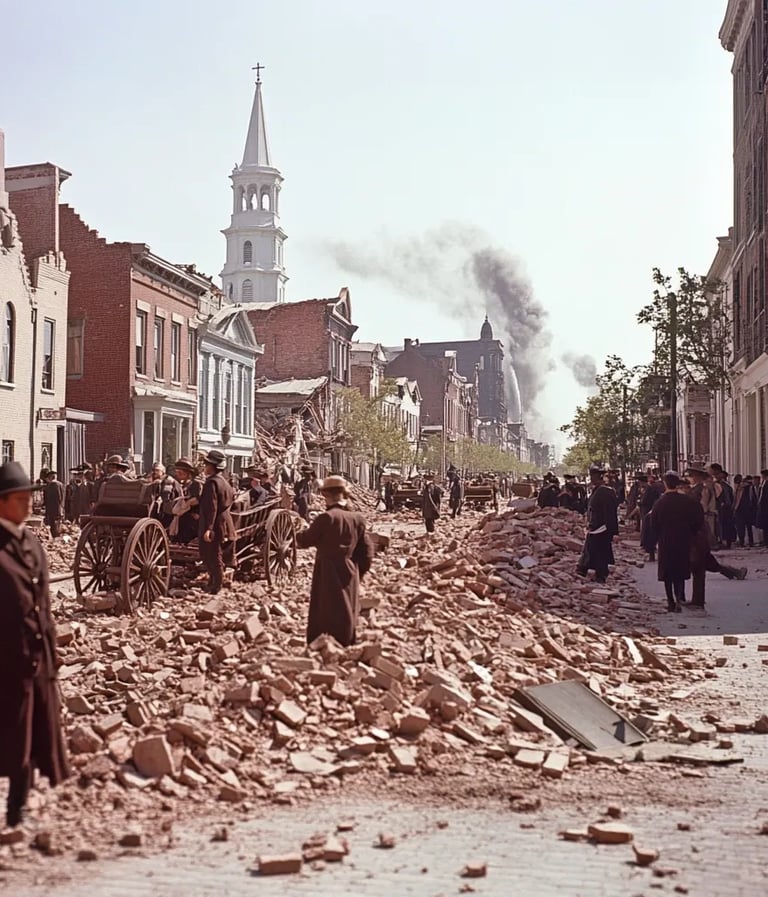

1886 – 1st major earthquake recorded in eastern US, at Charleston, South Carolina,
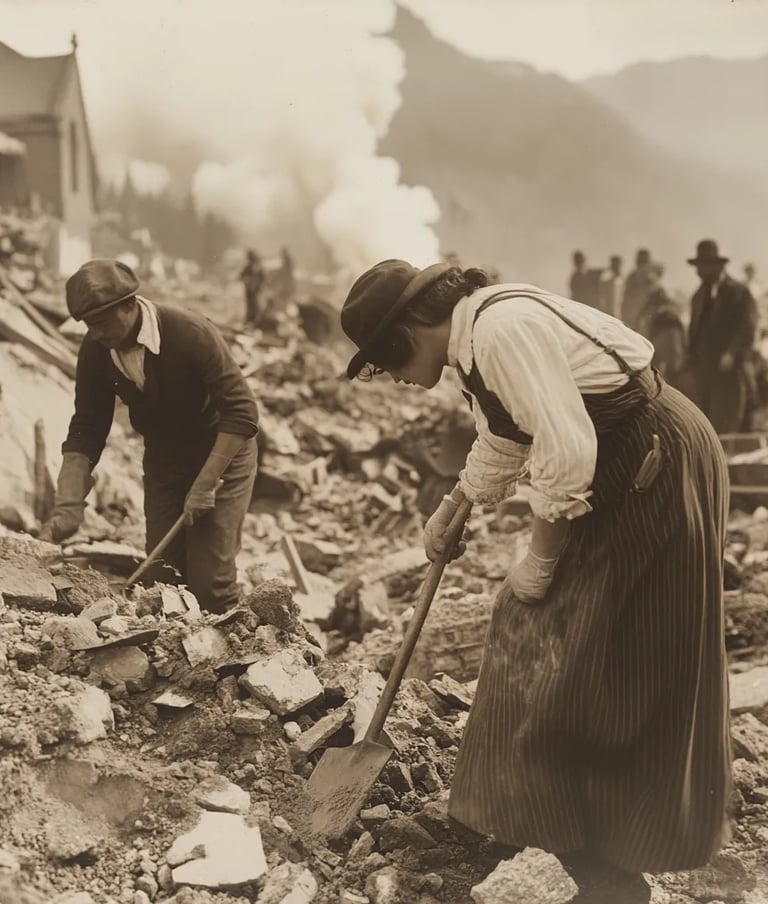

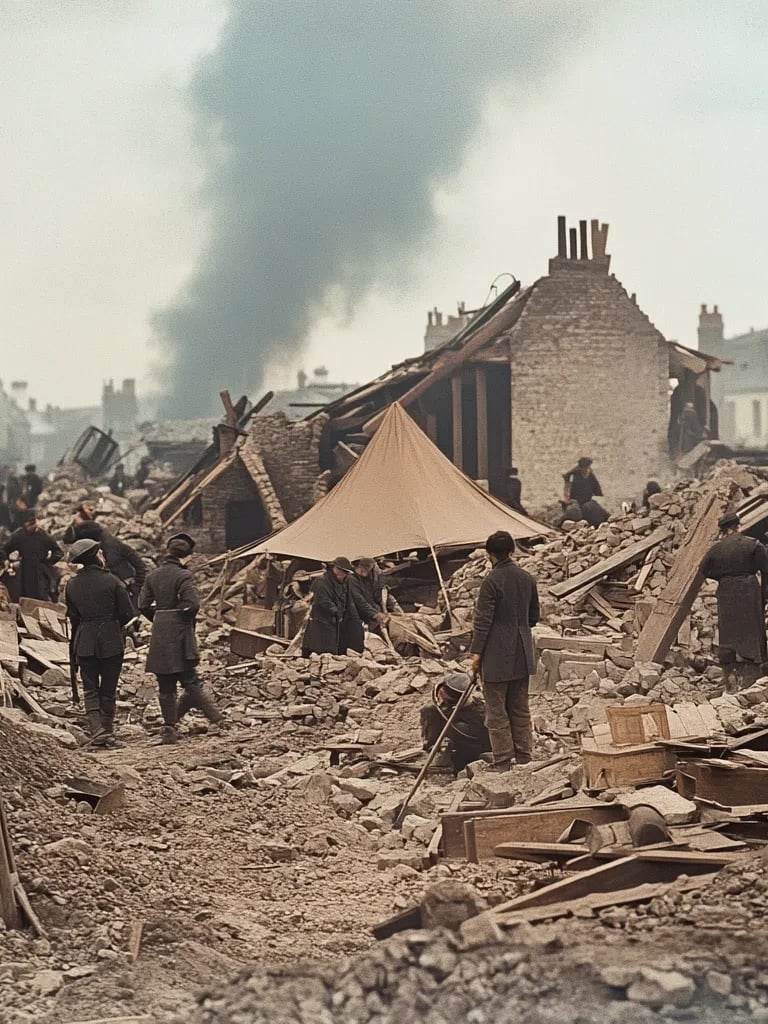

In 1888, the body of Mary Ann Nichols, the first known victim of Jack the Ripper, was discovered in Whitechapel, London. Her death marked the beginning of the infamous serial killings in London’s East End, which sparked widespread fear and fascination with the mysterious, unidentified killer.
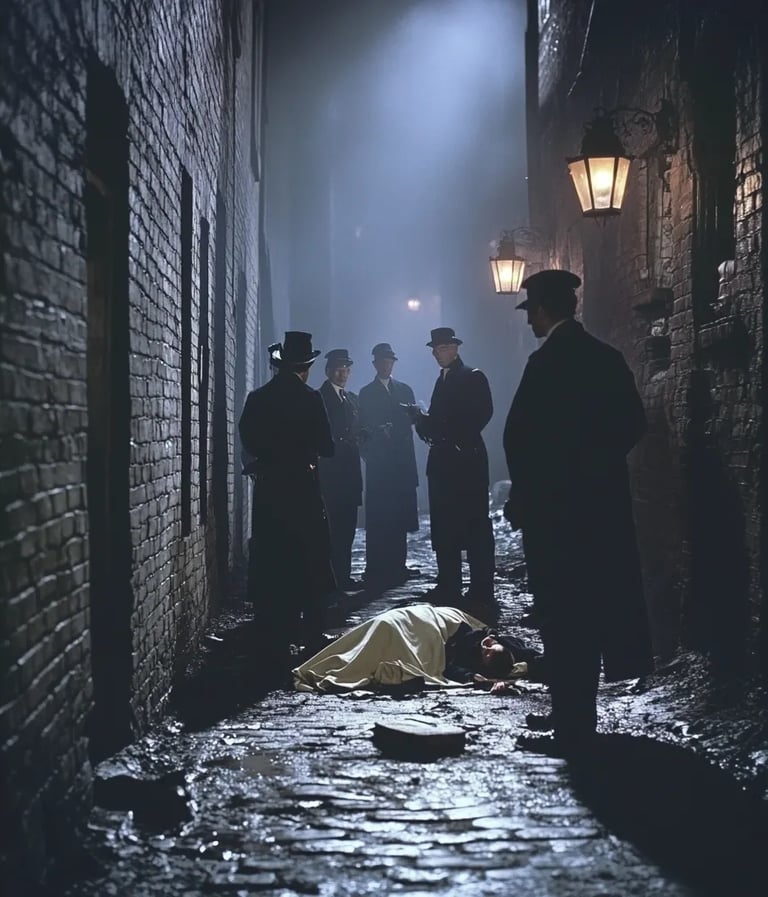

1888 – First Victim of Jack the Ripper Found
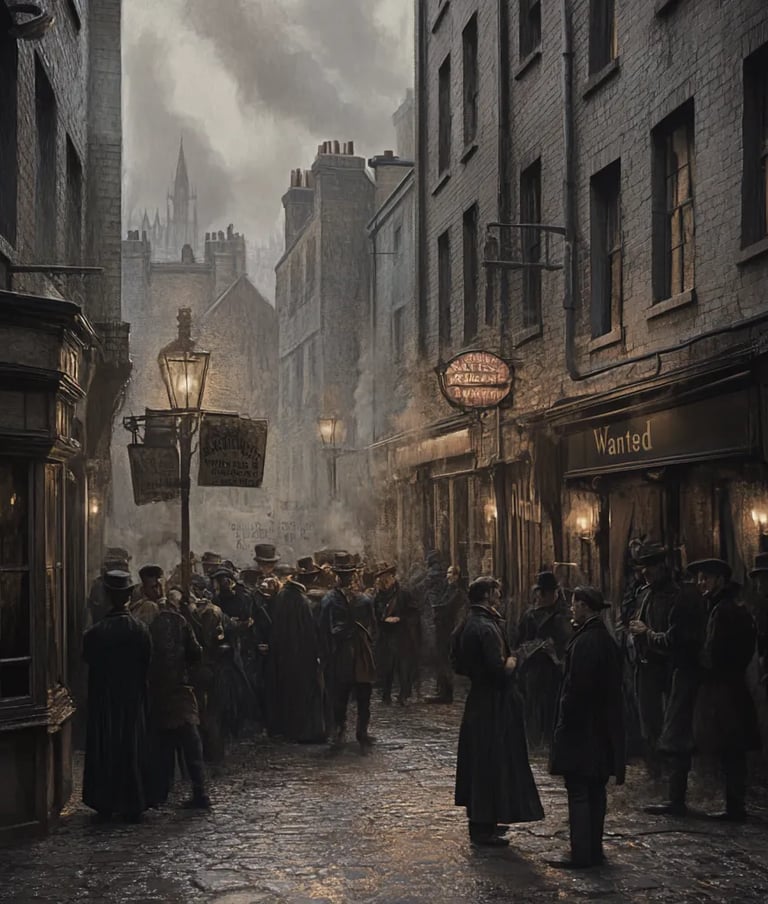

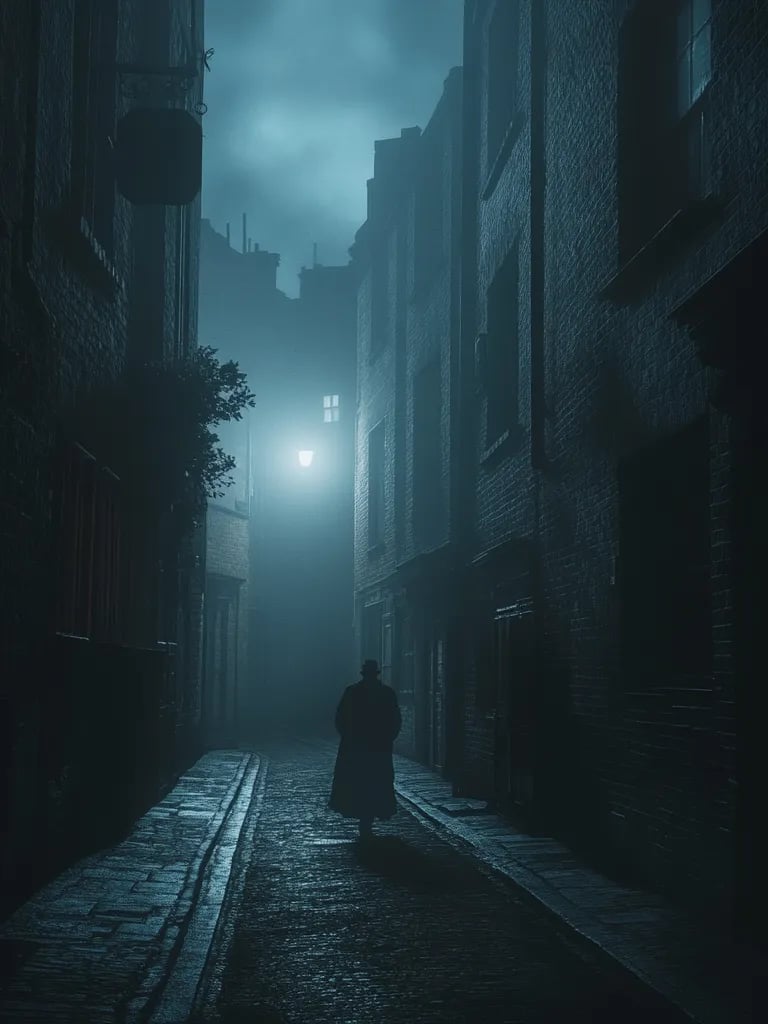

Germany staged a false-flag operation at the Gleiwitz radio station near the Polish border. Disguised as Polish soldiers, SS operatives attacked the station to fabricate an excuse for Germany’s invasion of Poland. This staged event gave Hitler a pretext to launch the invasion, marking the official start of World War II.
